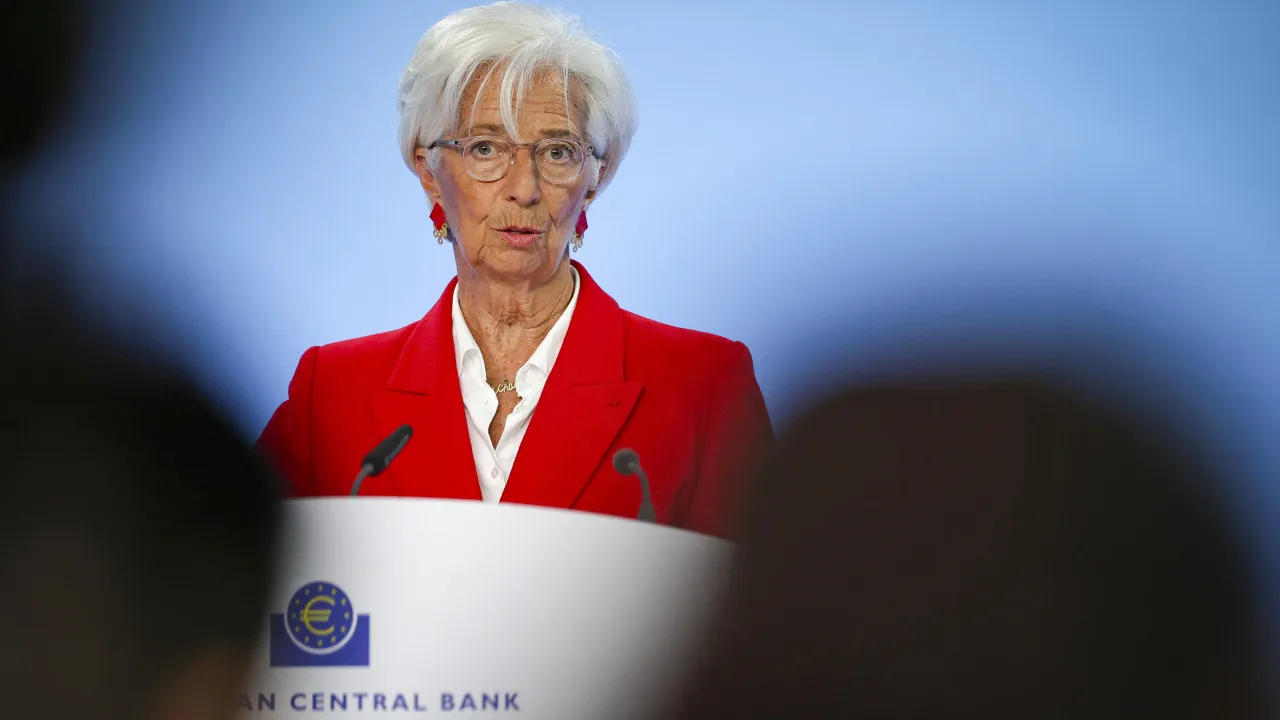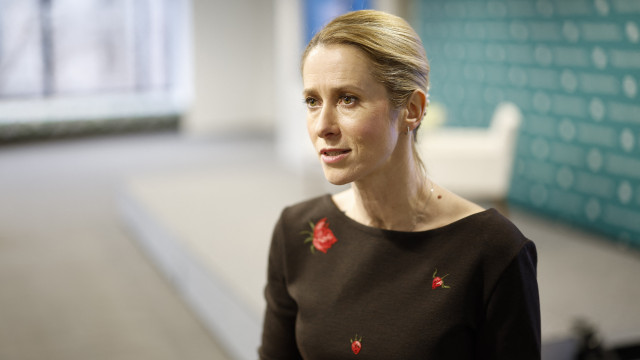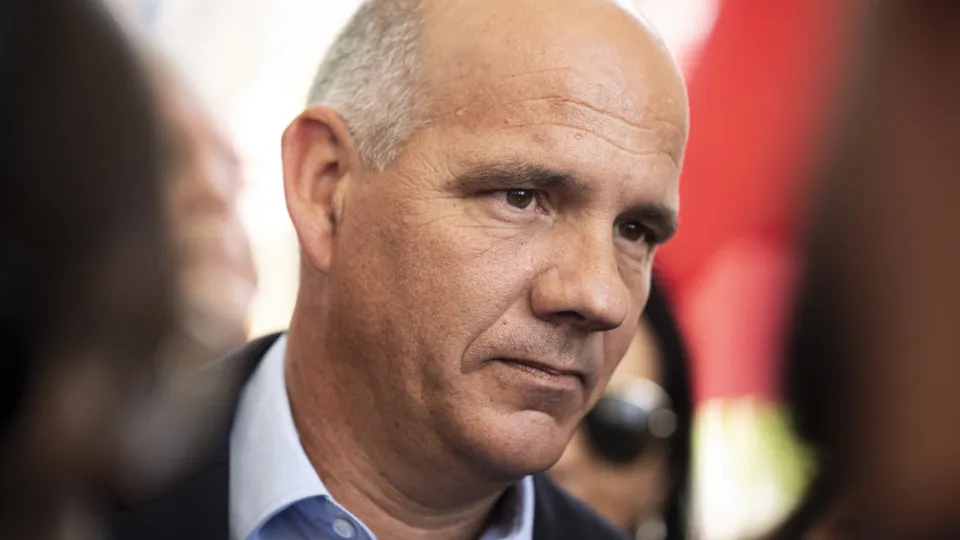
The President of the European Central Bank (ECB) warned today that demand shocks are becoming more frequent and companies are quicker to adjust prices, making inflation more volatile.
Speaking at the opening of the ECB Forum, which is taking place in Sintra until Wednesday, Christine Lagarde focused on the lessons learned from the central bank’s strategy assessment, presented today.
Lagarde acknowledged that the environment of uncertainty is here to stay, at a time when there are “clear signs that supply shocks are becoming more frequent.”
In this context, supply disruptions are leading companies to adjust prices more frequently, she noted, contributing “to greater volatility in inflation.”
This situation is not only temporary but “reflects a structural change in the way companies operate under conditions of persistently higher uncertainty,” she argued.
Given this volatility and uncertainty, the ECB team analyzed how it can make the economic assessment more robust, concluding that monetary policy must take these risks into account in forecasts and include and communicate more alternative economic scenarios.
Regarding the ECB’s response to potential shocks, the strategy review established that there should be a “symmetric commitment to respond to the dynamics of inflation that can unanchor inflation expectations in either direction.”
Thus, when there are risks of both acceleration and deceleration of inflation relative to the 2% target, which remains unchanged, “vigorous” measures, such as debt purchases, should be applied.
The ECB Board considers that the reaction requires an “appropriately forceful or persistent monetary policy action in response to large and sustained deviations of inflation from the target in either direction,” Lagarde summarized, stressing that they continue to rely on all the tools they already had available.
The ECB President stated that this review was not a revolution but rather an “evolution,” particularly in how the central bank should communicate and respond to challenges.
Lagarde concluded by reiterating that even in a changing world, the ECB will do “whatever it takes” to ensure price stability.
Besides referencing Mario Draghi, the chosen closing quote was from German philosopher Nietzsche: “He who has a why to live can bear almost any how.”
The ECB Forum on Central Banking is being held in Sintra until Wednesday, featuring participants such as the Chairman of the U.S. Federal Reserve, Jerome Powell, and focuses on the theme “Adapting to Change: Macroeconomic Shifts and Response Measures.”




